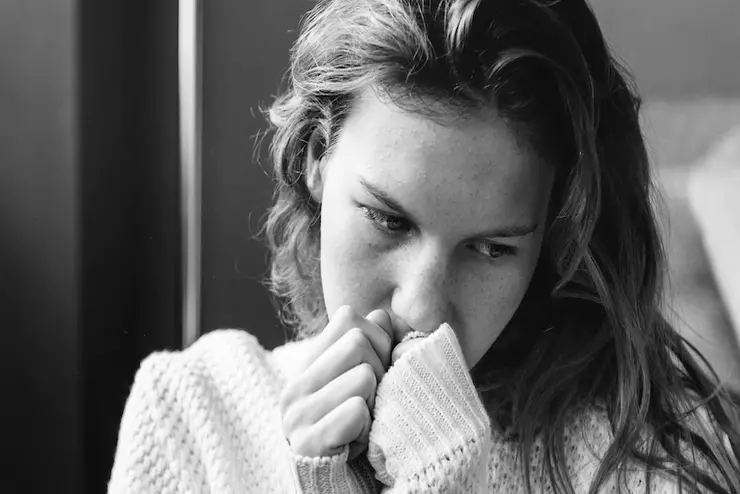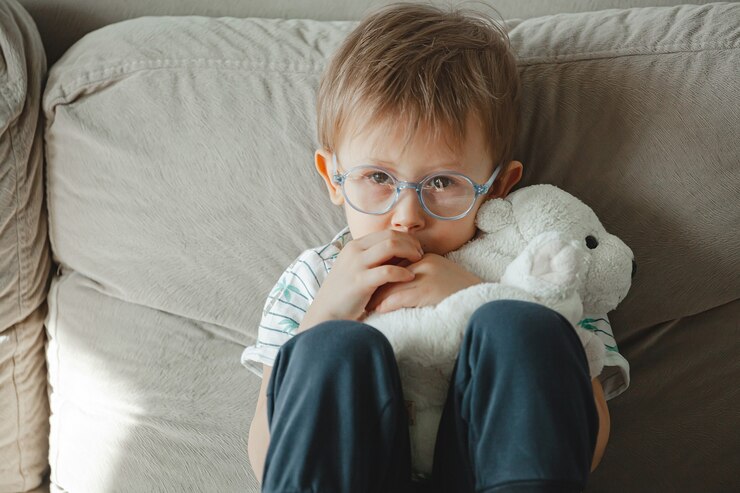What causes Anxiety disorder?
The most common factors that cause anxiety disorders are:
Family history: People who experience anxiety concerns frequently come from families with a history of mental illness. OCD is one condition that can run in families.
Events that are stressful: Workplace stress, losing a loved one, or strained relationships can all lead to sensations of anxiety.
Health Problems: Anxiety can also be brought on by conditions like thyroid disorders, asthma, diabetes, or heart disease. Anxiety disorder symptoms might also appear in people who are depressed. For instance, a person who has battled depression for a long time may begin to perform poorly at work. This may then result in tension at work, which could cause anxiety.
Substance use: Heavy drug, alcohol, and other substance users experience anxiety issues as soon as the effects of the substance start to wear off (in withdrawal).
Personality qualities: Individuals with particular personality traits, such as control freaks or perfectionists, may occasionally experience problems with anxiety.
What are the symptoms of an anxiety disorder?
It is hard to tell when anxiety can be classified as an anxiety disorder because everyone has experienced anxiety at some point. You should consult a mental health expert if your children’s feelings of anxiety and dread become incapacitating over time. Anxiety disorders come in various forms, however the following signs and symptoms are the most typical ones:
– Rapid heartbeat and labored breathing
– Heightened muscular tension
– Feeling of tightness in the chest
– Unfounded concerns that are getting worse, restlessness
– Obsession with pointless things that results in compulsive behavior
If your child is exhibiting these symptoms, you should talk to them about their potential disease and schedule an appointment with Dr. Aman.
How does my provider diagnose anxiety?
Dr. Aman examines your child’s medical history, lifestyle choices, and symptoms to determine whether you have anxiety and the best course of treatment. By inquiring about your child’s thoughts, mood, and behavioral patterns, he will finish a thorough mental evaluation. To rule out specific physical causes of anxiety symptoms, he might also request lab tests or ask your child’s primary care physician to conduct a physical examination. Then he creates a unique anxiety treatment strategy particularly for your child.
How is anxiety treated?
The most common treatments for Anxiety disorder includes:
Lifestyle changes
One of the best strategies to lessen anxiety and other mental health issues is to adopt healthy behaviors. Eat wholesome foods, exercise frequently, spend time outside, and refrain from using drugs and alcohol.
Therapy
Cognitive behavioral therapy, exposure therapy, marriage and family counseling, as well as other types of counseling that assist you in reducing and overcoming anxiety or PTSD, are a few examples of the therapies offered at Brightstar Psychiatry.
Medication management
Medications can be used to treat PTSD, anxiety, and other mental health issues.
To get treated for anxiety, call the Brightstar Psychiatry office.








